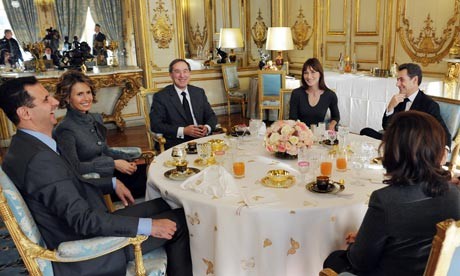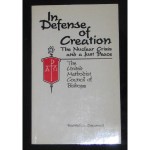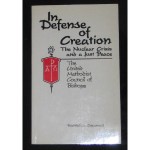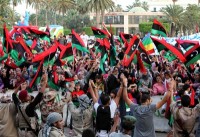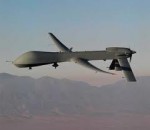
Drone warfare also continues the attitude towards technology that has marked the history of aerial warfare, the attitude that we need just one more technical fix to make it work the way we think it should. The history of warfare in the twentieth century is replete with advantages gained with a new technology but these advantages did not last long. Should we assume that nowhere in the world is there a group of bright engineers trying to design and produce a counter to the drone? We do so at our peril.
By Nicole L. Johnson
In response to changing political and cultural realities over the past several decades, the United Methodist Church has come to embrace various positions on the subject of war and peace. The denomination’s Book of Discipline makes evident a certain doctrinal pluralism on these topics and their related issues and questions. Textual analysis of the Discipline in order to discover the evolution of current teachings on war and peace (which one would likely never do unless, like me, one undertook such a project as part of one’s doctoral dissertation) reveals a doctrinal tradition that has come to include, for example, a Social Principles statement on “War and Peace” in which war is defined as “incompatible with the teachings and example of Christ” and is therefore to be “reject[ed] as an instrument of national foreign policy” while simultaneously recognizing in the statement on “Military Service” the “many Christians” who believe that war is acceptable in some situations and offering respect and support for those “who conscientiously choose to serve in the armed forces.”
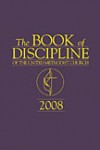
By D. Stephen Long
When I published my first book, which was on United Methodism and war, John Howard Yoder surprised me by blurbing it with the comment that it was interesting to see “non binding hortatory statements” taken seriously. When I first read that blurb I thought Yoder was incorrect. That book was a discussion of article XVI in the United Methodist Confession of Faith that says “We believe war and bloodshed are contrary to the gospel and spirit of Christ.” This article has never been rescinded. I thought Yoder misunderstood the nature of our Wesleyan heritage. In the intervening time, I have come to see he was correct. Despite having the Book of Discipline, we are not a disciplined church when it comes to any ethical or doctrinal issue.
By Hugh Goddard
It will be very interesting, in 100 years time, to see whether 2001 has entered the list of significant anniversaries in the long history of conflict between Christians and Muslims.
By Tina Beattie
Fragments. That’s all we have. Books have been written, justifications have been offered, blame has been distributed and redistributed, enquiries have been held, heroes have been buried, villains have been executed, prime ministers and presidents have come and gone, and still all we have are fragments, and the rattle of empty words, dry as ash and bones.
As it is, much scholarship associated with political theology has been captured by the same fantasy that animated the 9/11 attacks. It is a very white, very male, very Western fantasy, one that is taken too literally by foreign subjects of American hegemony who have gone astray. There is such a thing as Sovereignty, which can be wielded by a Dictator or embodied in a People or hidden in Capital or represented in Towers. The goal is to defend It, or capture It, or displace It, or pluralize It, or expose It, or destabilize It – or, quintessentially for the academic, interrogate It.
While I would not want to deny the political importance of forms, I would add to this analysis the importance of the kinds of spirit or inner drive (desire) which may be astir in them. An essential part of the explanation for the enormity of 9/11 is that the terrorist network responsible for them was not animated by a drive to produce new configurations of value and meaning so much as by a reactionary desire to bring judgment upon forces of modernity which were perceived to be a threat to established (traditional religious) values. The animating spirit of terrorist networks is a spirit of ressentiment.
